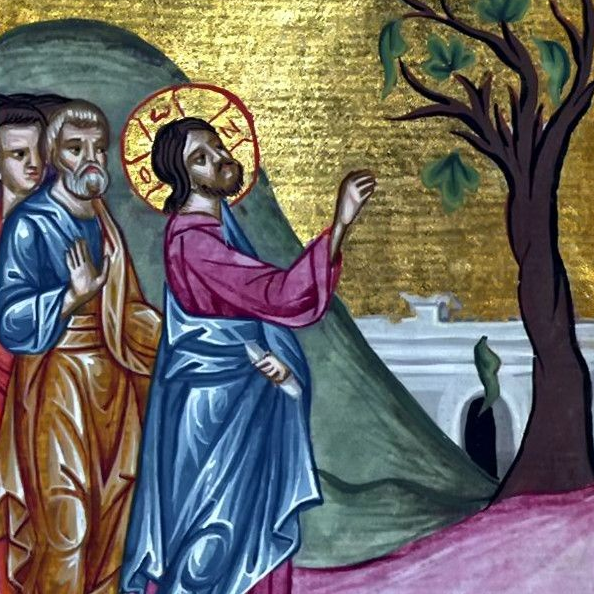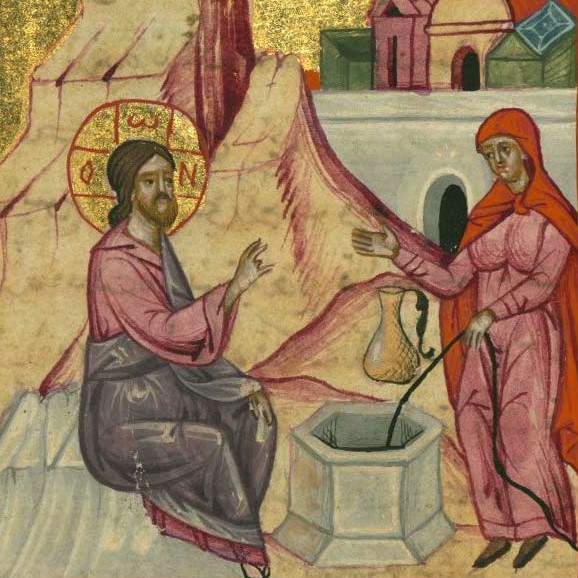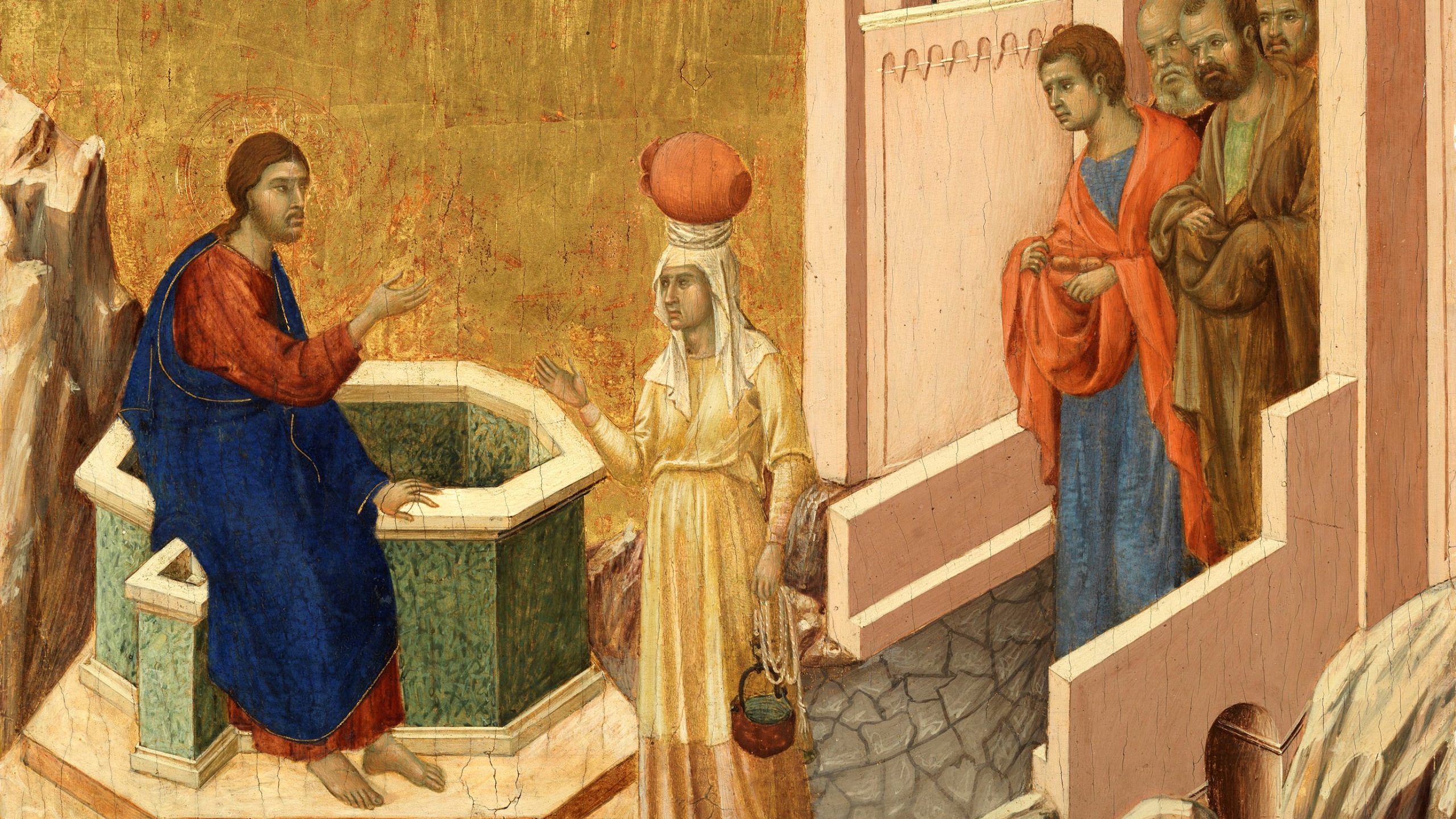Start from Today
3rd Sunday of Lent
The Catholic Church follows a three-year lectionary cycle for the scriptures read at Sunday Mass. Year A focuses on Matthew’s gospel, Year B on Mark, and Year C on the gospel of Luke. Readings from John’s gospel appear in all three years of the cycle. We are currently in Year C, which means we are hearing a lot from the gospel of Luke; except many parishes this Sunday (and the next two following) will be reading from the gospel of John. That’s because the 3rd, 4th and 5th Sundays of Lent are the designated days to celebrate what are known as “the scrutinies.”
The scrutinies are part of the Rite of Christian Initiation of Adults. They consist of special prayers prayed over those catechumens who are making their final preparations for baptism this coming Easter. To scrutinize something is to examine it closely. In the weeks before their baptism, catechumens are asked to examine their hearts closely in the spirit of repentance, and to turn away from anything in their lives that is contrary to the gospel. When these scrutinies are celebrated, the readings from Year A are always used. But even when they are not being celebrated, pastors are always permitted to use the Year A readings on these three Sundays of Lent, because all of us are called to examine our lives, repent from our sins, be renewed by God’s grace, and make a fresh start.
So depending on where you go to Mass this Sunday, you may hear the parable of the fig tree from Luke 13:1-9, or you may hear of Jesus’ encounter with the Samaritan woman at the well from John 4:5-42.


Both of these passages convey a similar lesson. No matter what the current state of our spiritual life may be, it’s never too late to begin anew with God’s grace.
In the parable of the fig tree, a farmer plants a tree in his orchard and for three years finds no fruit on it. Part of how we examine our lives is to pay attention to what kind of fruit we are bearing. If we nourish our hearts with sin and selfishness, we will find ourselves bearing bad fruit: things like anger, pride, resentment, sloth, greed, envy, and malice. On the other hand, if we nourish ourselves with God’s grace, we will find ourselves bearing a different kind of fruit: mercy, justice, compassion and charity.
The farmer in the parable is frustrated that his tree isn’t bearing the fruit that it should, so he orders it to be cut down. But the gardener says to wait. He offers to water and nourish the tree for a year — to give it the attention and care it needs — and the farmer agrees to spare the tree to give it a chance to bear good fruit.
Jesus’ encounter with the Samaritan woman is a real life event, not a parable, but it is similar in many respects. The woman Jesus meets at the well has born bad fruit in her life. We are not told all the details, only that she has had five husbands and the man she is with now is not her husband. The fact that she is there to draw water in the middle of the day tells us that she is an outcast (most women would come to draw water in the cool of the morning or evening). She is like the fig tree that isn’t bearing good fruit. But instead of chopping the tree down, Jesus decides to give it the care and nourishment that it needs. He shows the woman compassion and reveals himself to her as the long awaited Messiah. He quenches her thirst with water, not from the well, but from the spring of eternal life. She begins her encounter with Jesus tired, jaded, and suspicious, but ends renewed refreshed from her encounter with the Messiah.
Maybe you feel like a barren tree. Maybe you feel trapped by sin or past mistakes. No matter where you are in your life today, it is not too late to start over. It’s not too late to nourish your soul with God’s grace in the sacraments (especially Eucharist and Confession) and with God’s wisdom in the scripture. The longest journey begins with that first step. Start from today. Scrutinize your own heart and mind, turn away from sin, and embrace anew the gospel of Jesus Christ. As St. Paul aptly reminds us, now is a very acceptable time, now is the day of salvation (2 Cor 6:2).

